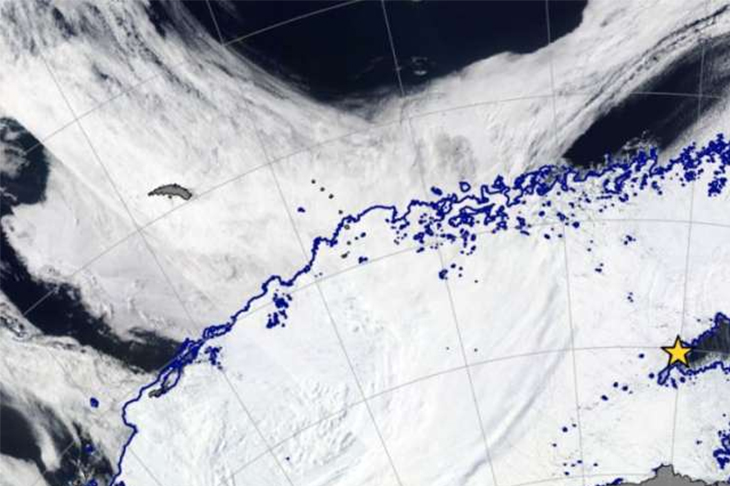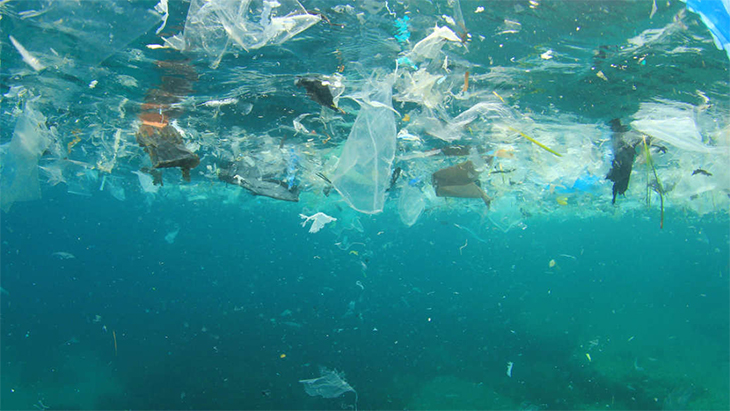By: Jonathan O’Callaghan/IFLScience A huge hole has opened up in Antarctica and, well, scientists aren’t really sure what it’s doing there.
The discovery is said to be as large as the state of Maine, notes Motherboard, and bigger than the Netherlands. In September it was 60,000 square kilometers (23,000 square miles) in size, but at its biggest, it was 80,000 square kilometers (31,000 square miles).
This opening is called a polynya, and this particular hole is the largest seen in the Weddell Sea since the 1970s when it was five times larger. It was found by the Southern Ocean Carbon and Climate Observations and Modelling (SOCCOM) group at Princeton University in Washington.
The region is essentially ice-free and may be the result of natural climate changes. However, its formation is not really understood. Actually mounting expeditions here is tough, too, but scientists hope that robotic floats (small submersible objects, like mini-submarines) could tell us more.
Rather amazingly, one float actually surfaced inside the polynya. Its measurements are now being studied, and scientists hope to reveal the secrets of how it formed. Unlike 40 years ago, we can gather a lot more information this time around.
“This is hundreds of kilometers from the ice edge,” Kent Moore, an atmospheric physicist at the University of Toronto, told Motherboard. “If we didn’t have a satellite, we wouldn’t know it was there.”
He added that it looked like someone had “punched a hole” in the ice.
The big issue at the moment is what role climate change played in the appearance of the polynya. It wasn’t expected to appear again, but it has now surfaced twice in two years. It may be the result of changes in the Southern Ocean due to manmade climate change.
“We really don’t know what’s going on,” Céline Heuzé from the University of Gothenburg in Sweden told Earther. “We don’t have enough observations of the Southern Ocean yet.”
The polynya is expected to continue releasing heat and sinking water until the warm spring air brings it to a halt. Until then, it will continue to be studied in earnest to learn more about this enigmatic phenomena.




